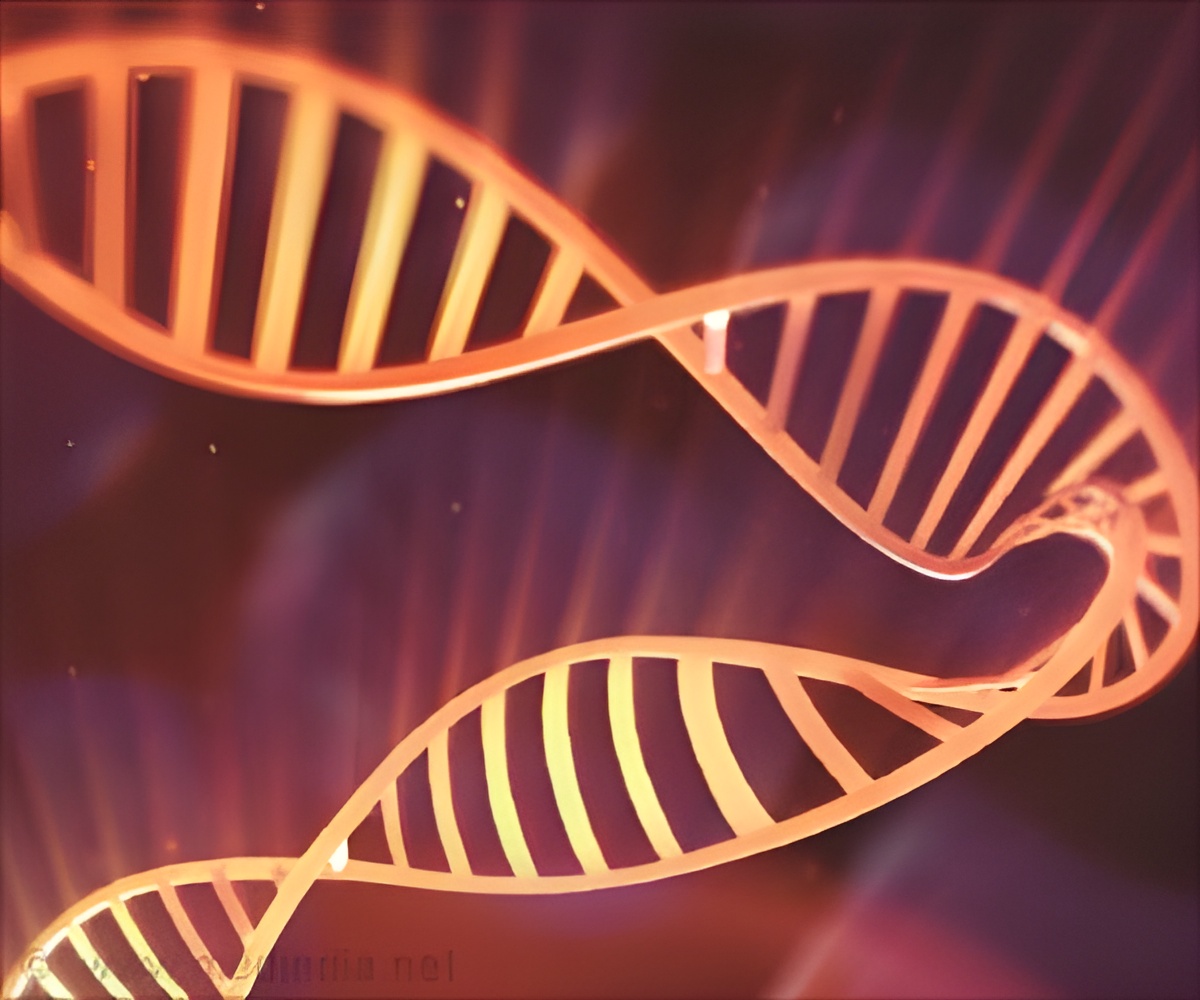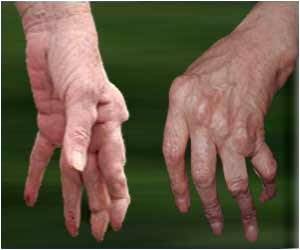Philippine people are found to have the highest level of Denisovan ancestry (amount of ancestral DNA) in the world as the present-day population.

‘Specific group of Philippine people - the Negrito ethnic group (known as the Ayta Magbukon) is found to have the highest level of Denisovan ancestry (amount of ancestral DNA) in the world as the present-day population.
’





The study team analyzed about 2.3 million genotypes from 118 ethnic groups of the Philippines including diverse self-identified Negrito populations. They also included high-coverage genomes of AustraloPapuans and Ayta Magbukon Negritos. The Ancestral Migration
“We made this observation despite the fact that Philippine Negritos were recently admixed with East Asian-related groups—who carry little Denisovan ancestry, and which consequently diluted their levels of Denisovan ancestry. If we account for and masked away the East Asian-related ancestry in Philippine Negritos, their Denisovan ancestry can be up to 46 percent greater than that of Australians and Papuans,” says Maximilian Larena (@maxlarena) of Uppsala University.
It was also found additionally that multiple genetically related archaic species inhabited the Philippines before the arrival of modern humans.
The study thereby reveals a complex intertwined history of modern and archaic humans in the Asia-Pacific region, where distinct Islander Denisovan populations differentially admixed with incoming Australasians across multiple locations and at various points in time.
Advertisement
Source-Medindia











